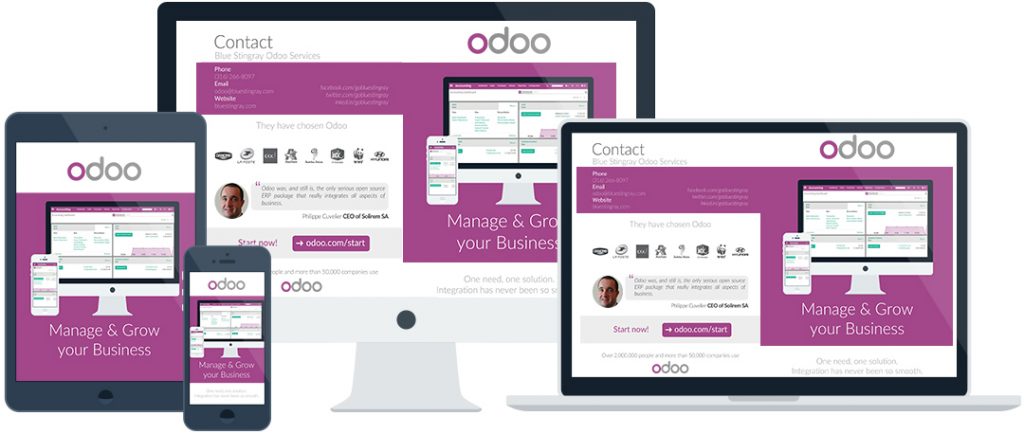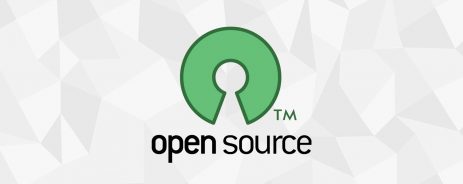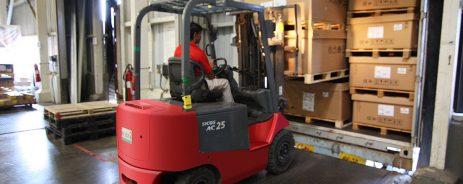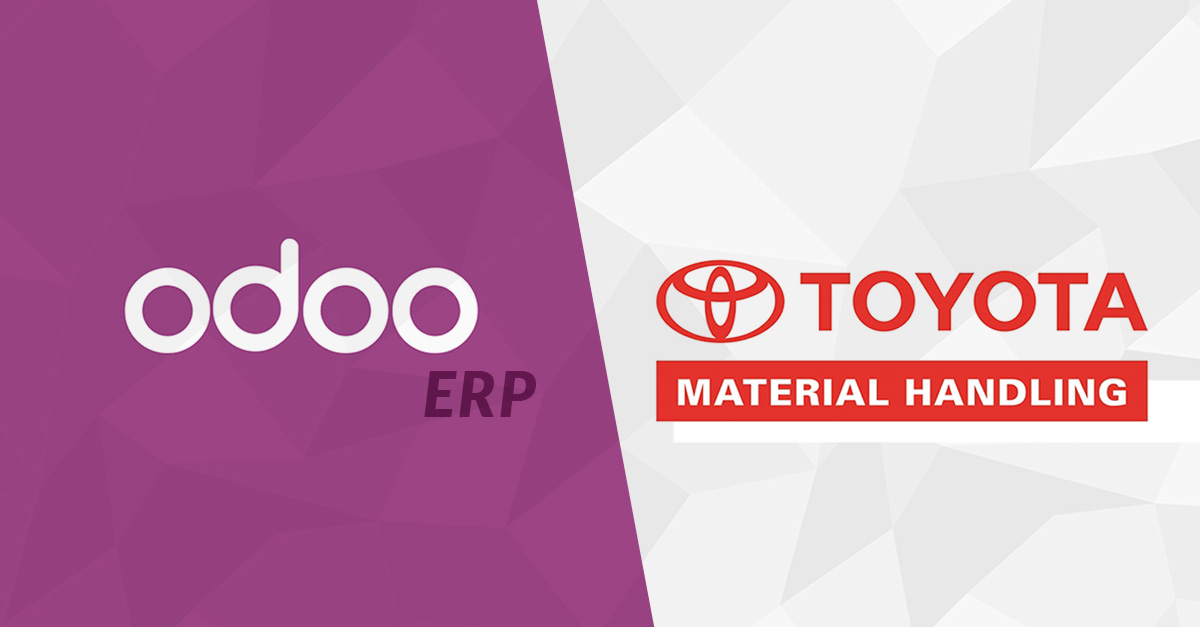
Why Toyota Group Chose Odoo As Its ERP Solution
For major logistics and material handling operations, efficiency is everything.
When a business operates a distribution network on an international scale, every second counts. Every workflow has to be optimized. Every change has to be carefully implemented, or the results can be catastrophic.
In these operations, a functional enterprise resource planning (ERP) solution isn’t just a luxury—it’s a necessity for staying competitive and collecting vital data for important business decisions. ERP software must be highly customizable, powerful, and easy to implement.
That’s a tall order, given that many ERP software packages are built as a one-size-fits-all solution. For companies like Toyota Industries Corporation, major ERPs had a considerable flaw: they couldn’t quickly add new features to adjust to the corporation’s rapidly changing needs.
“In our very ‘aggressive’ market we couldn’t take risks with very big investments,” said Cyril Cottet, IT/IS Manager at Toyota Material Handling, in an interview with Odoo. “We needed very quick return on investments and a traditional ERP was definitely not a good solution for us.”
Odoo’s Advantage Over Other ERP Solutions
Toyota Material Handling in France required an ERP solution, and after evaluating the enterprise-level options on the market, they chose Odoo. Incredibly, they were able to implement the software in only six months.
The big difference between Odoo and other ERPs? Odoo allows third-party app developers to offer new functionality for Odoo users through a growing development community.
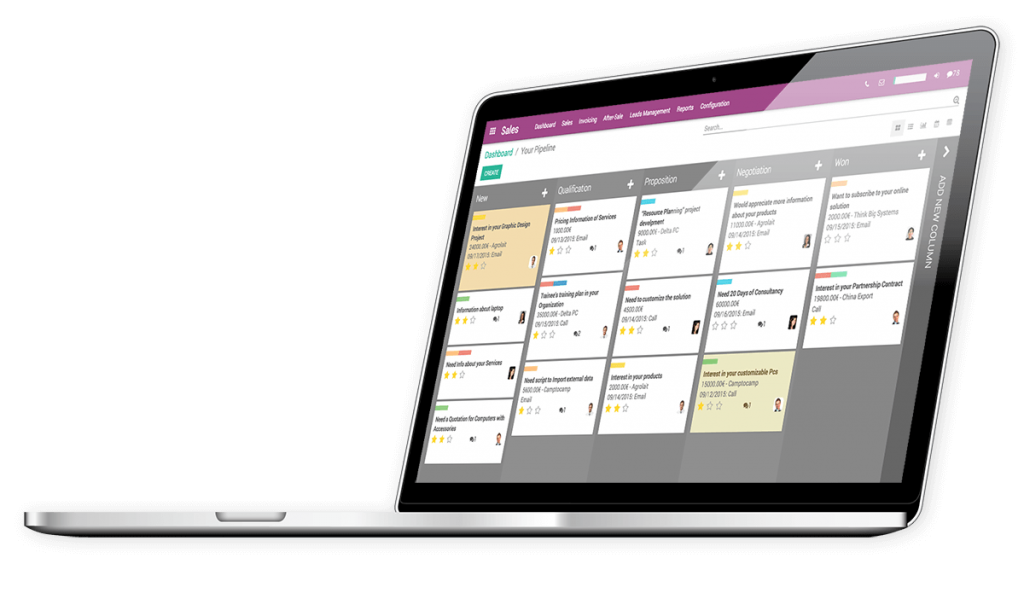 Traditional ERPs couldn’t offer this advantage; while some enterprise ERP software suites allow feature development, they’re not open source, so new features are necessarily more limited. More importantly, developing those additional features would take time—something that was in short supply for Toyota Material Handling, as they needed to quickly integrate a new system in order to maintain efficiency at their facilities.
Traditional ERPs couldn’t offer this advantage; while some enterprise ERP software suites allow feature development, they’re not open source, so new features are necessarily more limited. More importantly, developing those additional features would take time—something that was in short supply for Toyota Material Handling, as they needed to quickly integrate a new system in order to maintain efficiency at their facilities.
By choosing Odoo, Toyota Material Handling could focus on customizing the ERP’s platform for their business’s unique features. They could supplement Odoo’s core functionality with apps from the community, developing new features on an as-needed basis. Toyota could also integrate Odoo with their legacy systems, dramatically reducing the learning curve for employees.
The result was an ERP that was just as powerful and flexible as a proprietary tool—but since it relied on Odoo, it was much more flexible and much less expensive.
“Now all the orders from bookings to invoicing are linked with our accounting system, with our shipment management system, with our manufacturing system here in France and in Japan,” Cottet said, “…so there has been a lot of integration in just a couple of months. Between September and end of March, this was done very quickly.”
Ultimately, it was Odoo’s open design that won Toyota Material Handling over. Cottet says that Toyota’s best IT asset is people, and Odoo allows them to use these assets in an optimal manner. There’s also the user experience; Cottet describes the application as “quite ergonomic,” an apt description for Odoo’s intuitive interface.
At Blue Stingray, we know that Odoo’s power is in its flexibility. Large international operations certainly benefit, but so do smaller manufacturers, regardless of industry, workforce size, or other factors.
To get a truly optimized workflow, collect accurate company data, and ensure streamlined communications between different departments, a customized ERP is absolutely essential, and Odoo provides a near-perfect platform for delivering that customization. We recommend checking out Cottet’s full interview for a fascinating look at how Odoo works in large manufacturing applications.

